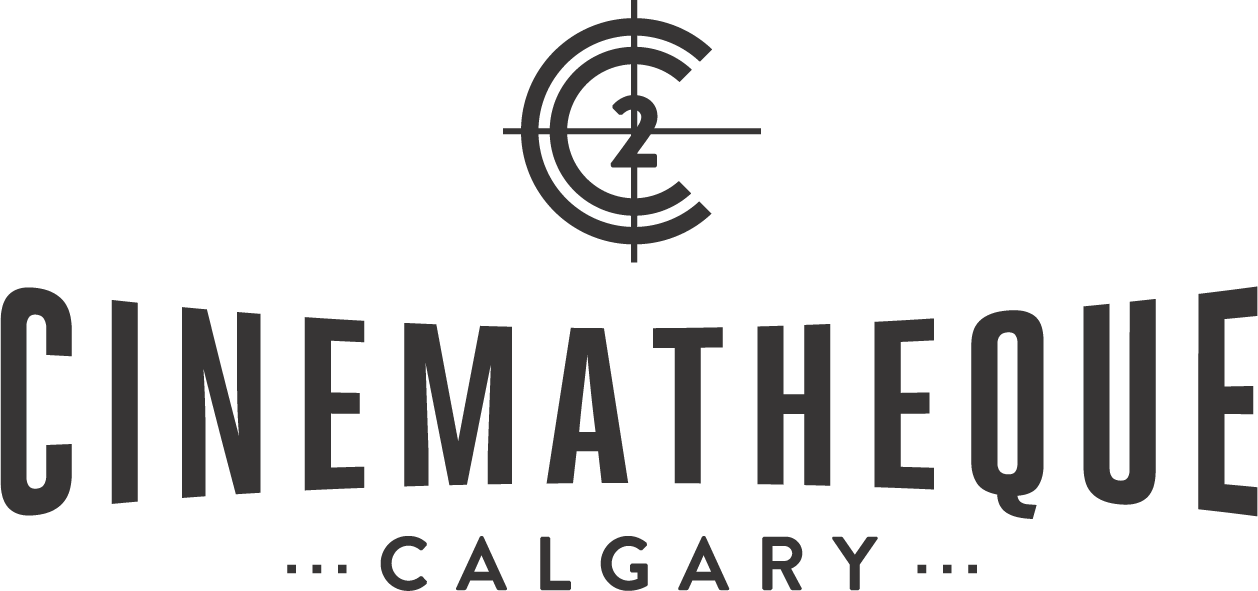Part of our Masters: Jacques Rivette series.
Directed by Jacques Rivette | France | 135 mins
Based on Diderot’s 18th century epistolary novel, The Nun began as an actual theatre production, Jean Gruault’s adaptation having first been staged at the Studio des Champs-Élysées. The film version stars iconic New Wave legend Anna Karina in her first major role following the dissolution of her marriage to Jean-Luc Godard (their final collaboration was released the same year). Karina plays Suzanne, a young woman forced by her family to receive ordination as a nun. Though her first Mother Superior is a sympathetic figure, sensitive to her new charge’s plight, Suzanne will be subjected to increasing campaigns of ill-treatment and outright abuse at the hands of the supposedly pious protectors tasked with overseeing her care. Pursuing recourse to legal means to absolve her vows, the clamps will only tighten, and a monk who appears ready to assist Suzanne in the attaining of her freedom will only prove to be one more in a series of underhanded exploiters. Widely attacked for its perceived anti-Catholic bias, the release of the film was delayed until the French Ministry of Culture ultimately relented, allowing it to premier at Cannes in 1966. This was a curious case of history repeating itself as Diderot’s novel, completed in 1760, could itself not be published until 1796.
On the surface, The Nun could hardly be more different from Rivette’s feature debut or the other films included in Calgary Cinematheque’s series, even if at the same time it looks forward to future literary adaptations from the director, such as 1985’s Wuthering Heights and, even more so, 2007’s The Duchess of Langeais. The film relies on theatrical staging in order to prioritize performance, but its pictorial approach is all about tableau, the aesthetic inspired by 18th century painter Jean-Honoré Fragonard and the Rococo movement. In her book Jacques Rivette, Mary M. Wiles focuses on the counterpoint of “theatrical staging” and the “ideological staging of institutions,” the latter underscored here by a frame that controls and restricts in a matter analogous to the church and to oppressive institutions more broadly. Diderot’s novel began as a work of satire or even a prank, passed off to a famous marquis as the real letters of an actual nun in jeopardy. This is a text that originates in a spirit of calculated anti-authoritarian tricksterism. In an Introduction to a 1947 edition of the novel, future philosopher of note Gilles Deleuze makes a pertinent assertion: “Every literary work could be called a mystification.” What is clear: total submission to institutions is not only undesirable, it isn’t even humanly possible.
-Written by Jason Wierzba
Please read our COVID-19 Guidelines and Info page before planning your visit!
Community Partner: Alliance Française Calgary
Founded in 1883 and headquartered in Paris, Alliance Française Calgary has a renowned history of promoting French culture and language around the world. Learn more about the origins of the Alliance Française, meet their team of talented staff and teachers and discover how you can become an integral part of promoting French culture in Calgary!
In the spirit of respect, reciprocity and truth, we honour and acknowledge that this screening takes place on Moh’kinsstis and the traditional Treaty 7 territory, as well as the oral practices of the Blackfoot confederacy: Siksika, Kainai, Piikani as well as the Îyâxe Nakoda and Tsuut’ina nations. We acknowledge that this territory is home to the Métis Nation of Alberta, Region 3 within the historical Northwest Métis homeland. Finally, we acknowledge all Nations, Indigenous and non, who live, work and play, as well as help steward this land, honour and celebrate this territory.


